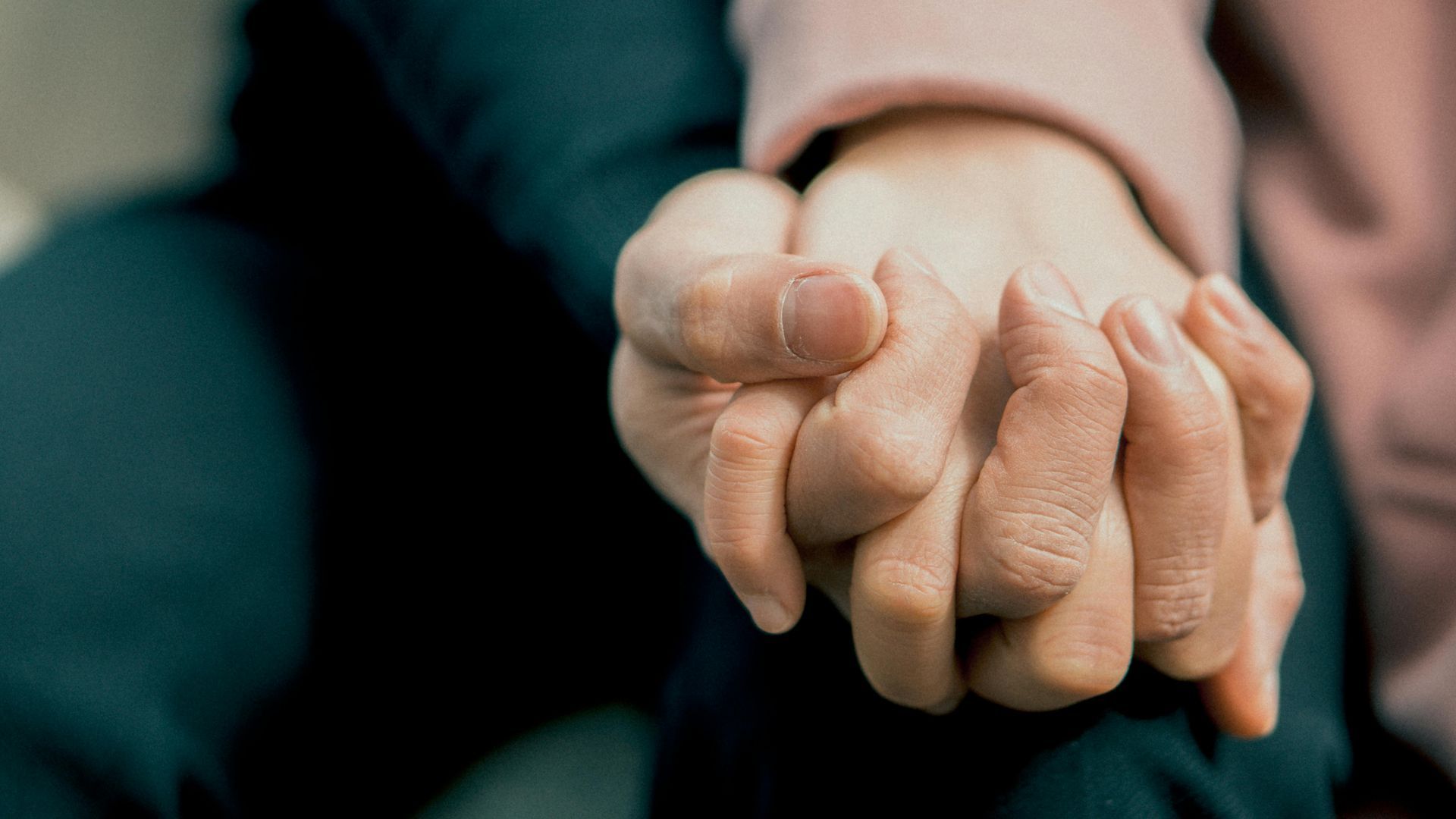Concussions During Sporting Events: What Should You Do?
Concussions During Sporting Events: What Should You Do?
You may have heard that many traumatic brain injuries are the result of one sports contest one sort of another. That is correct. For many parents, this is frightening truth. You want your child to be physically active, but at the same time, you do not want them to suffer a concussion that could lead to a serious brain injury. The reality is that most people play sports and never suffer such an injury. At the same time, you will want to be aware of the signs of a concussion and what you should do in the event that you suspect your child is suffering from one.
Recognizing the Signs and Symptoms of a Concussion
It is important to recognize the signs and symptoms of a concussion so that action can immediately be taken. Anytime a player appears to become suddenly stunned or dazed as a result of contact with another person or the field of play is cause for concern. You may also notice that a player starts to demonstrate confusion about what they are supposed to be doing when they normally would be clear on what is expected of them. Other signs of a concussion include a person moving in a clumsy manner, answering questions very slowly, or demonstrating extreme and rapid mood shifts.
It is also important to listen to what players are saying. There are many symptoms of a concussion that you will not be able to see but the player is very aware of. This is why you will want to encourage all players you are in contact with to feel free to vocalize anytime they sense something is not right or is out of the ordinary. When it comes to symptoms of a concussion, the following are quite concerning:
- Sudden headache or the feeling of pressure in the head
- Sudden nausea, particularly when it leads to vomiting
- Bouts of dizziness or difficulty maintaining balance
- Double vision
- Becoming sensitive to light
- Becoming sensitive to noise
- Problems with memory or concentration
- Sudden confusion
If any of these symptoms are present, action should be taken to determine if a concussion has occurred.
What Should be Done?
When it comes to children or teenagers playing a sport, certain things should be done in the event that a concussion is suspected. To begin the individual should be removed from the field of play immediately. It does not matter what the score is or how valuable the player is. Even a mild concussion can lead to something far more serious if the person is allowed to continue to play for a few minutes more.
Unless there is a medical professional on-site who is willing to clear the individual to play immediately, the player should be kept out of the rest of the game and should be allowed to play at all until seen by a physician. In most cases, a coach or parent is not qualified to make such a call. Keep in mind that children and teenagers may get upset by this decision and try to get you to reverse it. Do not give in. This is a battle for their long-term health, so keep that in mind at all times.
Summary
It is important to monitor all head injuries. If you are in doubt, minimize any potential for head trauma by keeping the individual out of all athletic competitions. Physical activity of any sort should also be minimized until you find out how serious the injury may or may not be. Being proactive in this way can keep the brain injury from becoming more serious than it already is.
The post Concussions During Sporting Events: What Should You Do? appeared first on Flourish Supportive Living Assisted Living for Brain Injury.













